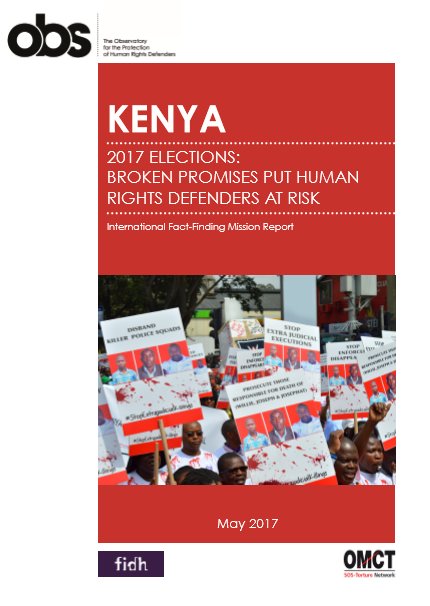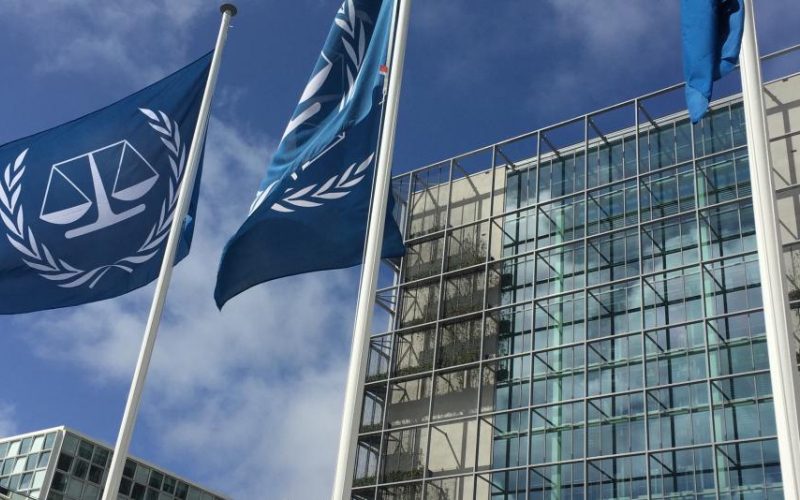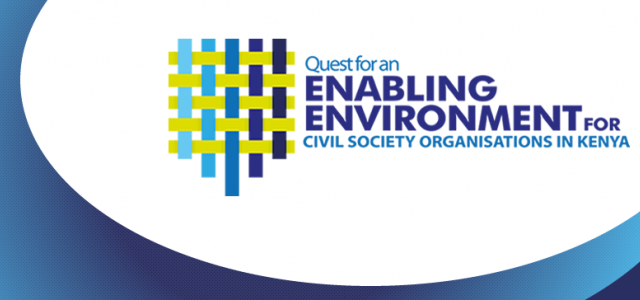Geneva-Nairobi-Paris, May 3, 2017 – The abduction, torture and killing of renowned Kenyan human rights lawyer Willie Kimani in June 2016 shocked the entire world, provoking a wave of outrage at national and international level. This is only the tip of the iceberg of a widespread pattern of violence and harassment aimed at silencing dissenting voices and perpetuating impunity, the Observatory for the Protection of Human Rights Defenders (OMCT-FIDH partnership) has concluded after a recently conducted mission.
Kenya, a country that in 2010 voted a very progressive Constitution strengthening the country’s human rights framework in compliance with international standards, has in recent years chosen a different path. Unfortunately, so far the freedoms enshrined in the constitutional Bill of Rights have not been fully incorporated into domestic legislation, and, most importantly, are not upheld or implemented in practice.
“To date, the effective implementation of this progressive framework unfortunately remains a mirage and still needs substantial improvement”, declared OMCT Secretary General Gerald Staberock. “With all the right instruments put in place to bring about change, lack of implementation and political will appear to be the main reasons for such disillusionment”.
On the contrary, a report published today by the Observatory accounts for high levels of police and security forces’ violence, especially against human rights defenders involved in the fight against impunity for human rights violations. The mission report compiles several testimonies of incidents of violence, including cases of harassment, threats, torture, enforced disappearances and extrajudicial killings.
Moreover, human rights defenders are often criminalised on the basis of trumped-up charges, which aim at intimidating them through episodes of frequent arrests, detentions in police stations, long trials and punitive bail and bond terms. This inevitably prevents them from pursuing their legitimate human rights activities.
Adding to this, the lack of a clear legal framework regulating the civil society sector due to the failure to commence implementation of the Public Benefit Organisations (PBO) Act 2013 creates a legal limbo which obliges NGOs to operate in a hostile environment, characterised by the threat of arbitrary de-registration and asset freezes, continuous attacks and smearing campaigns.
“In such a context, and ahead of the upcoming general elections, it is urgent that Kenyan authorities publicly recognise the crucial role of human rights defenders as pillars of democracy and watchdogs of the rule of law. They must improve their safety, truly implement the police and security sector reforms, hold perpetrators accountable, acknowledge the misuse of criminal law to harass defenders, and finally commence the PBO Act of 2013”, concluded FIDH President Dimitris Christopoulos











